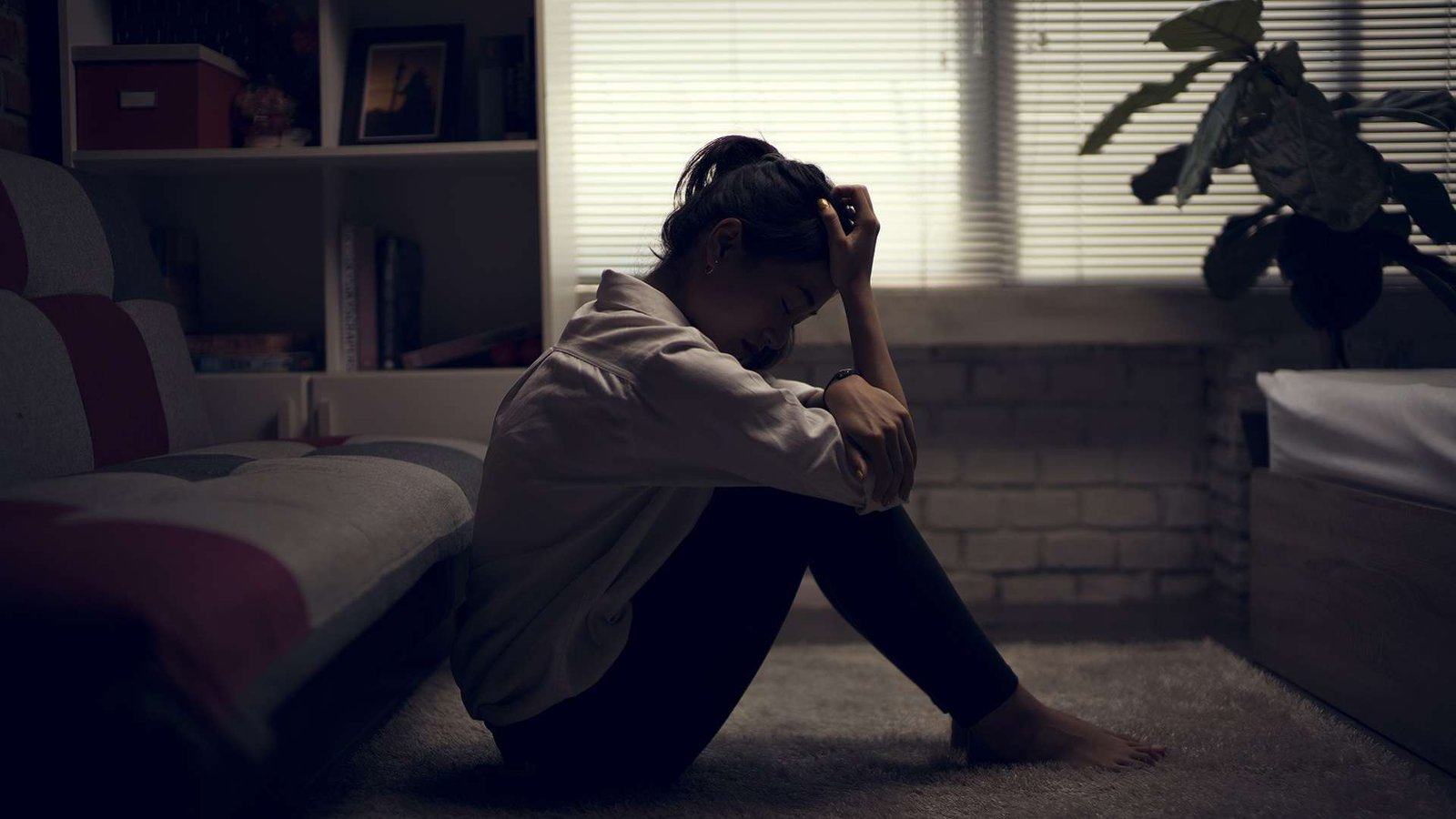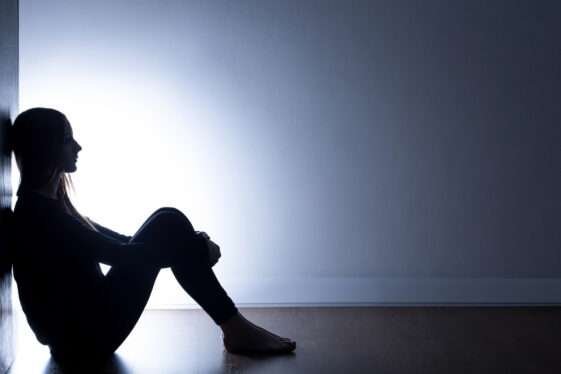
Depression is more than just feeling sad or low once in a while — it is a serious mental health condition that affects how you think, feel, and act. Globally, millions of people suffer silently from this condition, often without seeking the support they need. In this blog, we’ll explore everything about depression, including its types, causes, symptoms, and when to consult a professional.
What is Depression?
Depression is a mood disorder that leads to persistent feelings of sadness, hopelessness, and a lack of interest or pleasure in life. It can interfere with your ability to work, sleep, eat, and enjoy activities you once loved.
Common Types of Depression
- Major Depressive Disorder (MDD) – Intense sadness lasting for more than two weeks.
- Persistent Depressive Disorder (Dysthymia) – Chronic low mood that lasts for two years or more.
- Bipolar Disorder – Alternating periods of depression and manic highs.
- Seasonal Affective Disorder (SAD) – Depression that occurs during certain seasons, usually winter.
- Postpartum Depression – That develops after childbirth.
Related keywords: types of depression, major depression symptoms, chronic depression, bipolar depression, postpartum depression causes
What Causes Depression?
Depression doesn’t have a single cause. It often results from a combination of factors, including:
- Chemical imbalance in the brain
- Genetic predisposition
- Hormonal changes
- Chronic illnesses like thyroid problems or PCOD
- Stressful life events, such as loss of a loved one, financial problems, or job stress
- Poor lifestyle habits, including lack of sleep or substance abuse
Related keywords: depression causes, why do people get depressed, hormonal depression, mental health imbalance
Common Symptoms of Depression
Here are some of the most common signs. You don’t need to have all of them, but even a few lasting for more than two weeks may indicate a need for help.
- Persistent sadness or hopelessness
- Loss of interest in activities
- Fatigue or low energy
- Difficulty concentrating
- Changes in appetite or weight
- Sleeping too much or too little
- Thoughts of self-harm or suicide
Related keywords: symptoms of depression, how to know if you are depressed, mental health signs, mood disorder symptoms
Who Is at Risk?
While anyone can experience depression, the risk increases in:
- People with family history
- Individuals dealing with chronic illness
- People under prolonged stress or trauma
- Women after childbirth (postpartum)
- Teenagers and elderly
How is Depression Diagnosed?
There is no single test for it. Doctors usually conduct:
- A detailed mental health evaluation
- Discussion of your symptoms and personal history
- Lab tests to rule out other conditions like thyroid issues

Can Depression Be Treated?
Yes. it is treatable, and most people recover with the right approach. Treatments may include:
- Therapy (cognitive behavioral therapy, talk therapy, etc.)
- Medication (antidepressants)
- Ayurvedic and natural remedies
- Lifestyle changes like regular exercise, meditation, and a balanced diet
Related keywords: treatment for depression, natural remedies for depression, ayurvedic depression treatment, how to overcome depression
Can Ayurveda Help with Depression?
Ayurveda views depression as an imbalance of doshas (especially Vata and Kapha). Herbal formulations, meditation, yoga, and diet correction can play a powerful role in restoring emotional balance and energy.
Vedic Upchar offers natural, Ayurvedic solutions for mental health and well-being.
When to Seek Help?
If you or someone you know has been feeling low or hopeless for more than two weeks, it’s time to seek help. Don’t wait for the condition to worsen. Early consultation can prevent long-term suffering.
🩺 Talk to an Ayurvedic Expert Today
If you relate to any of the above symptoms or feel overwhelmed, you can consult a certified Ayurvedic doctor at Vedic Upchar. We offer personalized consultations to help you understand your mental health and receive natural, holistic solutions.
👉 Click here to book a consultation with Vedic Upchar
Final Thoughts
It is not a weakness — it’s a health condition that needs care, understanding, and timely support. By recognizing the symptoms and getting help, you can take the first step toward healing and happiness.